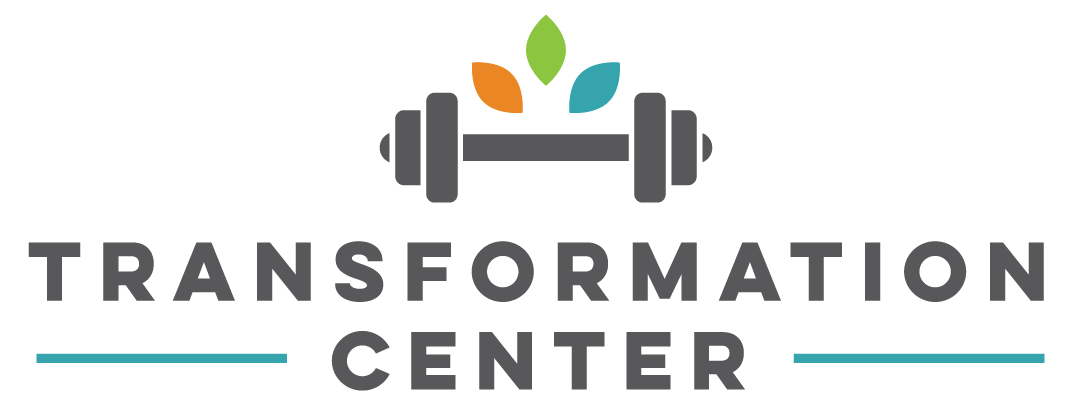
Intermittent Fasting (IF) has gained a lot of traction over the past few years, with fitness enthusiasts, health experts, and even celebrities swearing by its benefits.
But what exactly is intermittent fasting, and more importantly, does it work for everyone?
While there’s compelling research showing potential benefits, it’s important to understand that this eating pattern isn’t a one-size-fits-all solution. In today’s blog post, I’m going to break down what intermittent fasting is, its pros and cons, and who might benefit from it most.
What is Intermittent Fasting?
Intermittent fasting refers to cycles of eating and fasting, where you restrict eating to certain hours of the day and fast the rest of the time. The most common forms of intermittent fasting include:
- 16:8 Method – 16 hours of fasting followed by an 8-hour eating window.
- 5:2 Method – Eating normally for 5 days and drastically reducing calories (around 500-600) for 2 days.
- 24-Hour Fast – Fasting for a full 24 hours once or twice a week.
Does It Work?
Research shows that intermittent fasting can lead to weight loss, improve metabolic health, and even support brain health. Some studies suggest it can help reduce insulin resistance, lower inflammation, and promote fat loss while maintaining lean muscle mass.
Potential Benefits of Intermittent Fasting:
- Weight Loss: By shortening your eating window, IF can help you naturally eat fewer calories without the need for strict calorie counting.
- Improved Metabolism: Fasting periods can boost metabolic processes like fat burning, and the restriction of calories can improve insulin sensitivity, making it easier for your body to use glucose efficiently.
- Mental Clarity: Some people report increased focus and mental clarity while fasting, due to stabilized blood sugar levels and increased production of brain-boosting compounds like BDNF (brain-derived neurotrophic factor).
- Heart Health: Intermittent fasting may lower risk factors for heart disease by improving cholesterol levels, reducing inflammation, and lowering blood pressure.
The Downside: It’s Not for Everyone
While intermittent fasting sounds appealing, it’s not suitable, and often not sustainable, for everyone. The restrictive nature of IF can create a poor relationship with food for some individuals which ends up causing more harm than good.
Who Might NOT Benefit From Intermittent Fasting:
- Women with Hormonal Imbalances: IF can interfere with hormone levels, particularly for women. Some research indicates that fasting for long periods might disrupt menstrual cycles or affect fertility for women sensitive to changes in energy intake.
- Individuals with a History of Disordered Eating: The rigid structure of fasting and eating windows can exacerbate tendencies toward restrictive eating or binging for those with past or current eating disorders.
- High-Performance Athletes: While some athletes thrive on IF, others may find it difficult to fuel their performance adequately during short eating windows, especially if training volume is high.
- People Prone to Hypoglycemia: For individuals who experience low blood sugar, fasting for long periods can lead to dizziness, fatigue, and irritability.
How to Approach Intermittent Fasting
If you’re considering IF, it’s important to listen to your body and start slowly. For example, you might begin with a 12-hour fast (including sleep) and gradually build up.
THIS IS KEY: Make sure your eating window is filled with nutrient-dense foods to support your body’s needs during both the fasted and fed states.
Before you dive into IF, it’s important to acknowledge that this strategy is just one tool for improving health, and it might not be the best tool for everyone. Before giving it a try, be sure to check with your healthcare provider to see if it’s appropriate for you.
If intermittent fasting feels too restrictive, challenging or simply doesn’t fit your ideal eating structure there are other ways to improve your relationship with food and health—one of which is Intuitive Eating, which I’ll explore in the next blog post.

Recent Comments